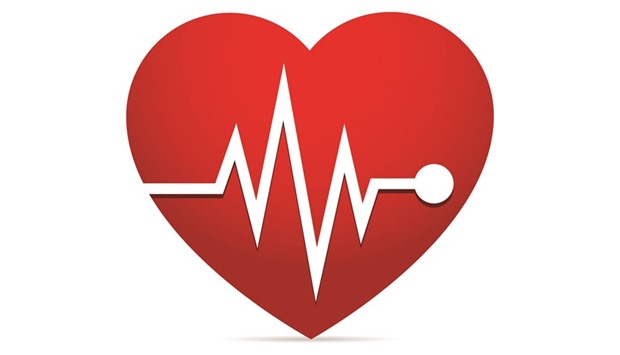A single heartbeat can cause a person to make a decision based on racial bias, said an unusual study into the crucial organ’s influence on snap human judgement.
White and Asian study participants whose heart rhythms were monitored were more likely to perceive an unarmed black man as threatening when shown his picture during a heartbeat than between beats, researchers in Britain said.
The finding may be useful in designing ways to tackle the high number of police shootings of unarmed black people in the United States, said the team.
“We can use it to think about ways to target this heart-brain communication to reduce the tragedies caused by racial bias,” study co-author Sarah Garfinkel of the Brighton and Sussex Medical School said.
Scientists already knew that each heartbeat fires a powerful signal to the brain.
Between beats, the signals are silent.
Also known from previous research is that racial bias often leads to harmless objects being mistaken for weapons in the hands of black people, including by police who have been known to shoot as a result.
Not known was whether the heart may influence the head when it comes to perceiving threat.
It does, says the new study published in Nature Communications.
Participants were shown pictures depicting either black or white men holding either a gun or a harmless object such as a wallet or mobile phone.
The volunteers were asked to “shoot” the individuals they believed to be armed by pressing a computer key.
When the image was flashed during a heartbeat, participants were about 10% more likely to perceive the object as a gun when held by a black person, the study found.
“The signals that come from the heart to the brain seem to be strong enough to change our perceptions,” said fellow author Manos Tsakiris of the Royal Holloway University of London.
“In some cases they dominate our perceptions to the extent that we misperceive things that we see in front of us,” he told journalists ahead of the study’s publication.
The scientists cautioned that the risk of false threat perception may be exacerbated in a tense situation with a faster, stronger heartbeat.
“We all know that to a very large extent social stereotypes and racial stereotypes seem to be embedded in our culture,” said Tsakiris.
“What we are showing with this particular study is that they also become embodied in our physiology.”
Inspired by the racial nature of many police shootings in the United States, the team hoped their work could make a practical difference.
One theoretical option would be to strengthen the relative role of the so-called “thinking” part of the brain, the prefrontal cortex, to override and suppress automatic fear activation.
“Typically in our culture and civilisation we tend to do that through education – this is one of the main aims of education to make us more considerate (of) others, to make us less biased towards other people,” said Tsakiris.
More drastically, medical brain stimulation could be considered.
According to Garfinkel, other studies have shown that people who understand the automatic processes of the human body – such as a heartbeat’s impact on fear or thinking – are better able to control them.
“So if we can train people to be more aware of their heart beating then they can counteract the negative and influential effects that these signals may have,” she said.

